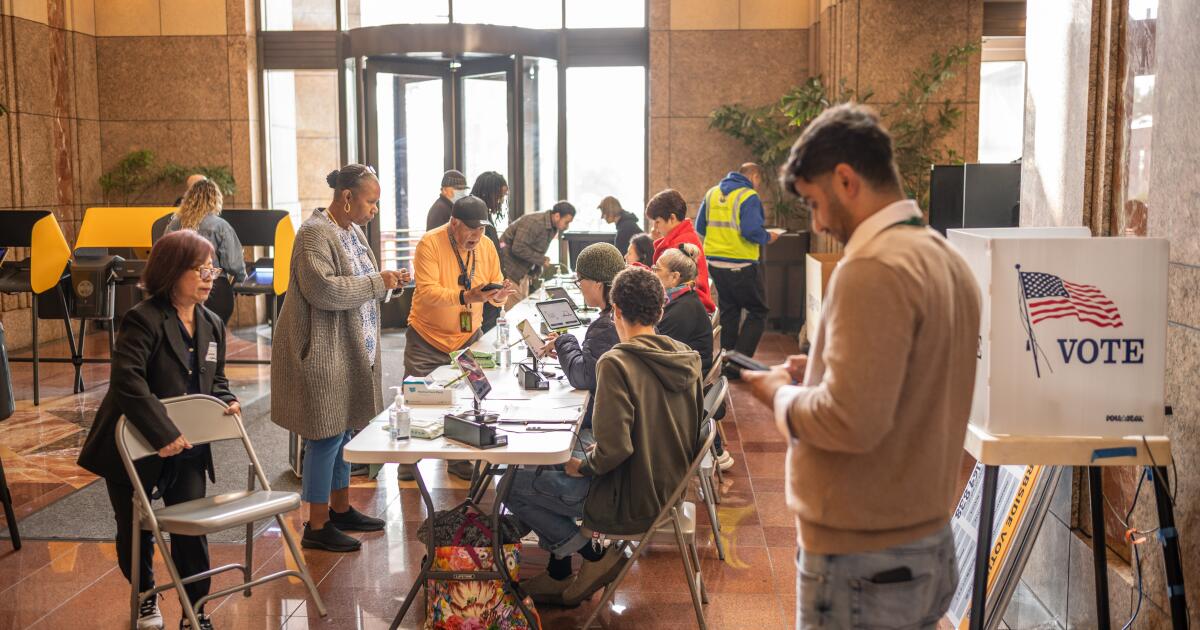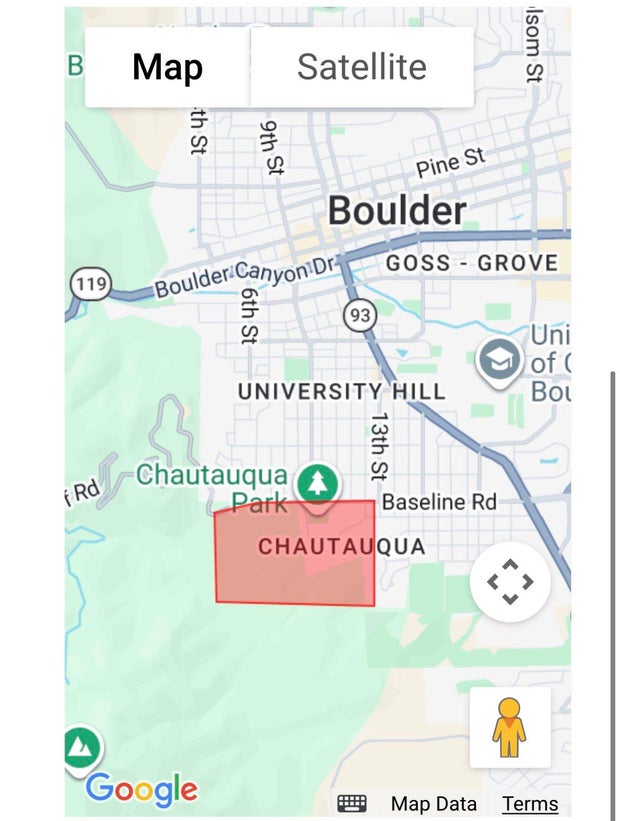Colorado
New bus lanes on Colorado Avenue

The city of Boulder has implemented changes to the lanes on Colorado Avenue that may affect your daily commute. These improvements are part of a broader effort to create a safer and more efficient transportation system for our entire community, and they are expected to strengthen the connection between Main Campus and East Campus.
What’s happening?
In June, the city converted the outside vehicle lanes on Colorado Avenue to bus and right-turn lanes between Folsom Street and 30th Street. This change, which includes the use of signage and red street markings to designate the bus lanes, aligns with the recommendations of the 2019 30th Street and Colorado Avenue Corridors Study.
How will this affect you?
Future plans and ongoing efforts
CU Boulder remains committed to collaborating on further improvements in the future, including potential changes between 30th Street and Discovery Drive. The city’s 30th Street Multimodal Improvements Project, expected to be completed in early 2025, will enhance the area between Colorado Avenue and Arapahoe Avenue with protected bike lanes, wider sidewalks and new landscaping. In summer 2025, Boulder’s Pavement Management Program will repave Colorado Avenue between Folsom Street and 30th Street.
For more information, visit the city of Boulder’s 28th Street and Colorado Avenue Protected Intersection Improvements Project page and the 30th Street and Colorado Avenue Corridors Study page.

Colorado
Colorado family pushes for change after rare disease clinical trial abruptly ends
Colorado
Evacuation warning issued for area near wildfire in southwest Boulder

Authorities have issued an evacuation warning for homes near a wildfire that broke out in southwest Boulder on Saturday afternoon.
Just before 1 p.m., Boulder Fire Rescue said a wildfire sparked in the southwest part of Boulder’s Chautauqua neighborhood. The Bluebell Fire is currently estimated to be approximately five acres in size, and more than 50 firefighters are working to bring it under control. Mountain View Fire Rescue is assisting Boulder firefighters with the operation.
Around 1:30, emergency officials issued an evacuation warning to the residents in the area of Chatauqua Cottages. Residents in the area should be prepared in case they need to evacuate suddenly.
Officials have ordered the DFPC Multi-Mission Aircraft (MMA) and Type 1 helicopter to assist in firefighting efforts. Boulder Fire Rescue said the fire has a moderate rate of spread and no containment update is available at this time.
Red Flag warnings remain in place for much of the Front Range as windy and dry conditions persist.
Colorado
Two-alarm fire damages hotel in Estes Park, 1 person taken to a Colorado hospital

A two-alarm fire damaged a hotel in Estes Park on Friday night. It happened at Expedition Lodge Estes Park just north of Lake Estes.
The lodge, located at 1701 North Lake Avenue on the east side of the Colorado mountain town, was evacuated after 8:30 p.m. and the fire chief said by 10 p.m. the fire was under control.
One person was hurt and taken to a hospital.
The cause of the fire is under investigation. So far it’s not clear how much damage it caused.
A total of 25 firefighters fought the blaze.
-

 World3 days ago
World3 days agoExclusive: DeepSeek withholds latest AI model from US chipmakers including Nvidia, sources say
-

 Massachusetts4 days ago
Massachusetts4 days agoMother and daughter injured in Taunton house explosion
-

 Montana1 week ago
Montana1 week ago2026 MHSA Montana Wrestling State Championship Brackets And Results – FloWrestling
-

 Denver, CO4 days ago
Denver, CO4 days ago10 acres charred, 5 injured in Thornton grass fire, evacuation orders lifted
-

 Louisiana6 days ago
Louisiana6 days agoWildfire near Gum Swamp Road in Livingston Parish now under control; more than 200 acres burned
-

 Technology1 week ago
Technology1 week agoYouTube TV billing scam emails are hitting inboxes
-

 Technology1 week ago
Technology1 week agoStellantis is in a crisis of its own making
-

 Politics1 week ago
Politics1 week agoOpenAI didn’t contact police despite employees flagging mass shooter’s concerning chatbot interactions: REPORT


















